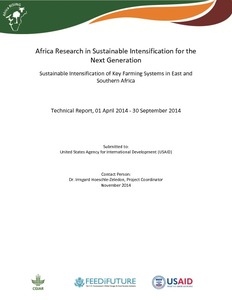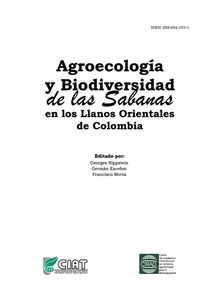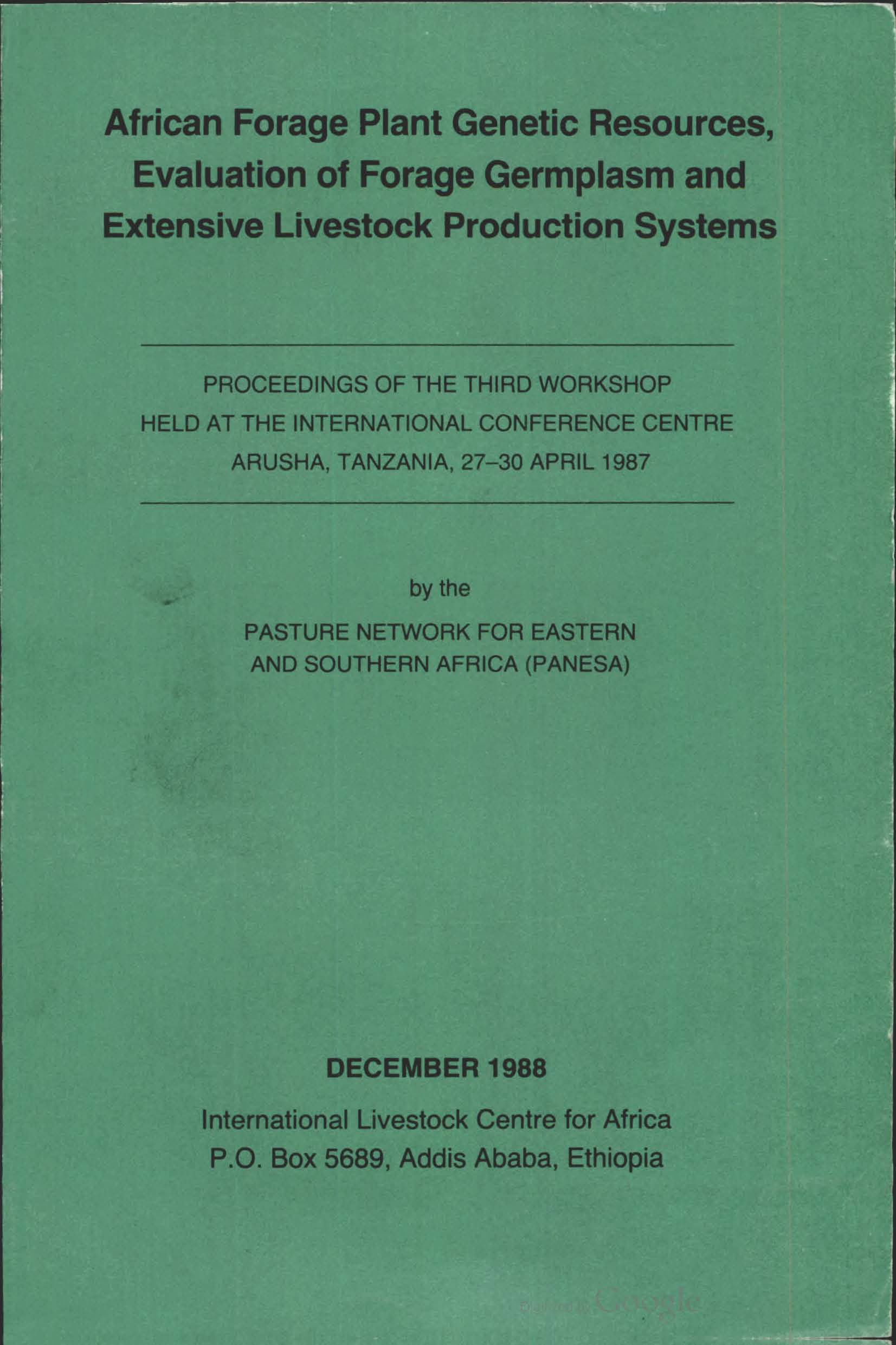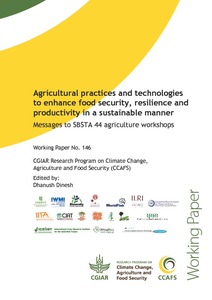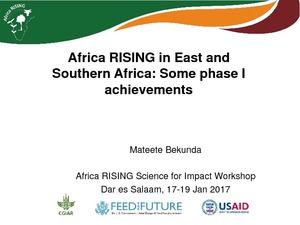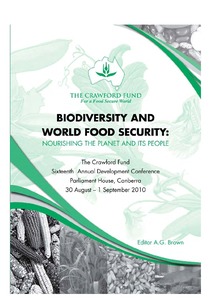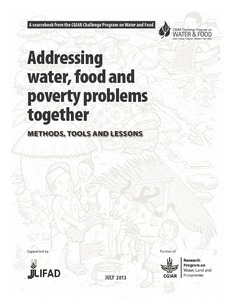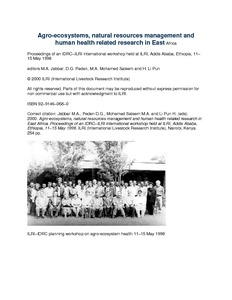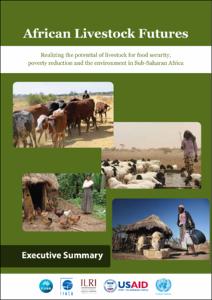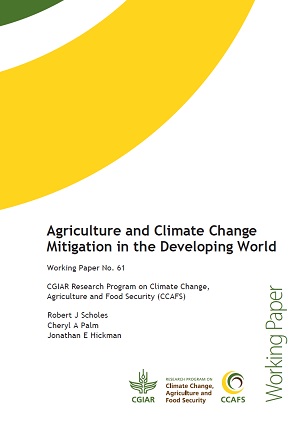terras de pastagem
AGROVOC URI:
Agroecología y biodiversidad de las sabanas en los Llanos Orientales de Colombia
African forage plant genetic resources, evaluation of forage germplasm and extensive livestock production systems. Proceedings of the third PANESA workshop
This proceeding report is divided in three sessions. In the first session papers on African forage plant genetic resources in Zimbabwe, Botswana, Malawi and the PANESA region are presented. The second session discusses forage germplasm evaluation. In this session experiences of ILCA, Tanzania, Mauritius, Uganda, Malawi, Ethiopia and Kenya are presented. Species involved in the studies included Brachiaria, Cynodon, Trifolium, Lablab, Zornia, Stylosanthes and Crotalaria. The third session deals with extensive livestock production systems.
Agricultural practices and technologies to enhance food security, resilience and productivity in a sustainable manner: Messages to the SBSTA 44 agriculture workshops
This paper synthesizes knowledge within CGIAR and its partners on agricultural practices and technologies to enhance food security, resilience and productivity in a sustainable manner. A number of agricultural practices and technologies which contribute to these objectives were identified and assessed to generate four key lessons.
Africa RISING in East and Southern Africa: Some phase I achievements
Addressing water, food and poverty problems together--Methods, tools and lessons
This sourcebook entitled “Addressing water,food and poverty problems together: Methods,tools and lessons” is part of a wider process to capitalize on results from the Phase 1 of CPWF (2004-2008).
Phase 1 of CPWF cast its net widely. Sixty-eight individual research projects were carried out in ten river basins around the world. The learning was immense. Unfortunately, many Phase 1 lessons and experiences are locked away in people’s minds or hidden in long technical and scientific reports that are difficult to access, particularly for non-researchers.
African Livestock Futures: Realizing the potential of livestock for food security, poverty reduction and the environment in Sub-Saharan Africa
Agriculture and climate change mitigation in the developing world
Agricultural activities in the developing world directly contribute about 4.23 GtCO2eq/y to the current anthropogenic forcing of the global climate, and indirectly a further approximately 3.93GtCO2eq/y through forest clearing and degradation. Together they constitute a quarter of the total global climate forcing from all sources. Many proven agricultural practices and policies can reduce this impact on the global climate without compromising food production, or reduce the climate impact per unit of agricultural production.

